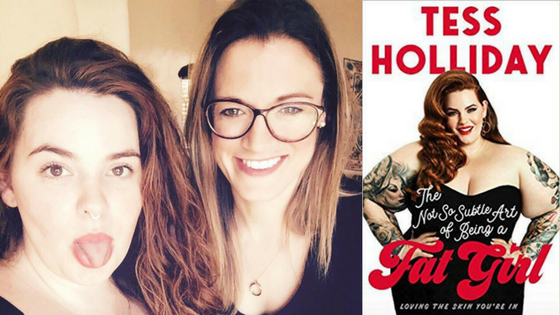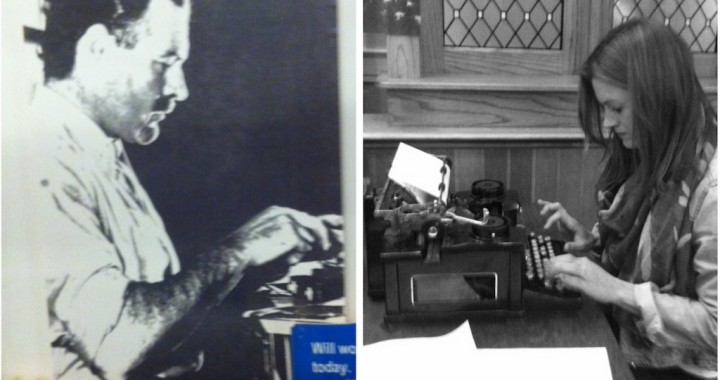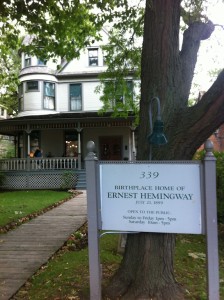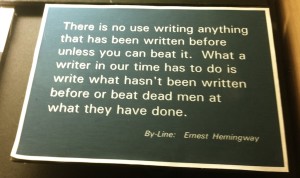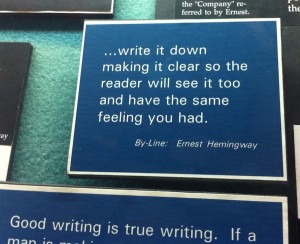Category Archives: Writing tips
How to get your book published
Many people would love to write their life story or a fiction book and I often get asked how to go about it.
If I’m honest I am one of those annoying wenches who got lucky with my first book deal. My editor saw an article I’d written for Grazia and offered me the chance to write a book. I went on to get a second deal and then branched into ghostwriting after mentioning an idea to my editor.
Being a journalist can open a lot of doors for you but the good news is that these days anyone can get their work out there and start to build an audience with a blog or via Twitter, Facebook or Instagram. Twitter also gives you invaluable access to editors and publishers so it’s worth doing your homework and using social networking to impart your sparkling wit and talent.
I’ve jotted down some more tips below…
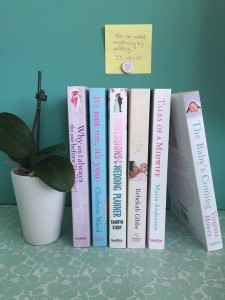 How do I get started?
How do I get started?
First of all you need a riveting idea with a good title that will quickly grab the reader’s interest.
My agent talks about the ‘elevator pitch’ – where ideally you’d have an intriguing title and a description of the book that you could sum up to an editor in the time it takes to move from the 12th floor to ground.
But while you could sell your idea in 30 seconds you still need to do the hard work – with fiction it is usually the norm to write the whole manuscript before you submit it to editors.
If your book idea is a non-fiction one you will need to write a very clear synopsis/introduction and chapter outline detailing what will be in each chapter of the book as well as one sample chapter to showcase the tone and content of the book.
Your proposal should also include who you think your audience is and how your story or idea is unique.
If you already have a blog with a loyal audience and good viewing figures it would help to include those too.
How much should I write?
The average book is about 80,000 to 120,000 words long. I tend to write around 8-9000 words for each chapter but you could easily half that if you prefer shorter chapters.
Should my book be edited?
Totally up to you. But if this is your first time writing a book you may benefit from someone casting an eye over it or carrying out a developmental edit to help you identify any loose ends or holes in your plot.
How do I get a book deal?
Getting the book deal is the hardest bit and you can go about it in one of two ways: either approach publishers direct or through a literary agent who, if they take you on, will give you constructive advice on how you can improve the plot or get the right tone.
If you’re savvy you’ll look out for publishing events where editors and literary agents sit on a panel and give their advice and you often get the chance to ask questions or chat to them afterwards.
 How do I submit a manuscript?
How do I submit a manuscript?
Most publishing houses will detail where to send manuscripts on their websites.
The book industry is feeling the pinch just like so many other industries at the moment but if you are offering something interesting and new then there is always hope of getting a deal.
Do I need an agent?
A literary agent is absolutely worth having as he or she will have the clout and connections to get your book manuscript in front of the right editors. It is the norm for your agent to earn 15% of your book earnings.
This is often worthwhile as they will help you edit and tweak your work, get you higher fees and have the contacts to ensure your idea gets looked at rather than being thrown onto a big pile in the corner!
How do I find an agent?
If you’re in the UK the Writers’ & Artists’ Yearbook lists plenty of reputable agencies with their contacts. In the USA you’ll want to grab a copy of Writer’s Market which is also a useful resource for freelance journalists. If you live in Australia try the Australian Literary Agents’ Association.
How do I motivate myself?
It is hard. When you have a full time job there is rarely a convenient time to write but if you set aside time and do a little often then you will be surprised how much you can get done.
I wrote a great deal of my first book on my Blackberry during boring tube journeys on my way to work and was pleased to find I could write about 1500 words a day. The one thing I will say is that although you often don’t feel like writing the hardest thing really is getting started. Ten minutes in and you will really get into your flow.
Useful websites
www.novelicious.com has a useful ‘for writers’ section with lots of interesting interviews and tips.
www.thebookseller.com will keep you up-to-date with all the latest industry news.
Literary lessons at Hemingway’s childhood home
To be a good writer you need to step away from the keyboard sometimes. After weeks immersed in a high-pressure book project, I took a breather and headed to Oak Park, ten miles west of downtown Chicago, to be inspired by Ernest Hemingway.
It is here in the second floor bedroom of a suburban Queen Anne style house that the Pulitzer Prize winning author was born in 1899. The property now belongs to the Ernest Hemingway Foundation Of Oak Park who conduct regular tours of the home where the writer lived until the age of six. The place is fascinating and has been carefully restored to mirror the decor Ernest experienced as a young child. This was achieved thanks to the array of snapshots Ernest’s photography enthusiast father took during their time in the house.
Unsurprisingly Ernest’s parents were interesting characters. His arts loving mother, Grace, was an acclaimed opera singer and vocal coach who out-earned his doctor father, Clarence. Dr Hemingway himself excelled at many hobbies including fishing, shooting, cooking, pickling and – wait for it – taxidermy. Indeed, among the many keepsakes the Foundation has collected are a pair of owls that Dr Hemingway shot dead on his honeymoon (their hoots were too noisy) and lovingly stuffed as a gift for Grace.
I was interested to hear that each year the Foundation invites a resident writer to move in and pen their own great novel in a private attic on the second floor of the home. Wordsmith Annette Gendler has been enjoying her time tapping away in the alcove. **UPDATE 2017: The latest writer-in-residence is Cameron Gearen.**
Our tour guide’s stories of how a disciplined Hemingway would get up and start typing from the break of dawn each day made perfect sense – some of my best writing is in the morning before my brain gets tired. I found more inspiration at the nearby Ernest Hemingway Museum which has more artifacts and many quotes from the writer throughout his career.
There’s nothing like a literary great to fire you up to write something awesome…
